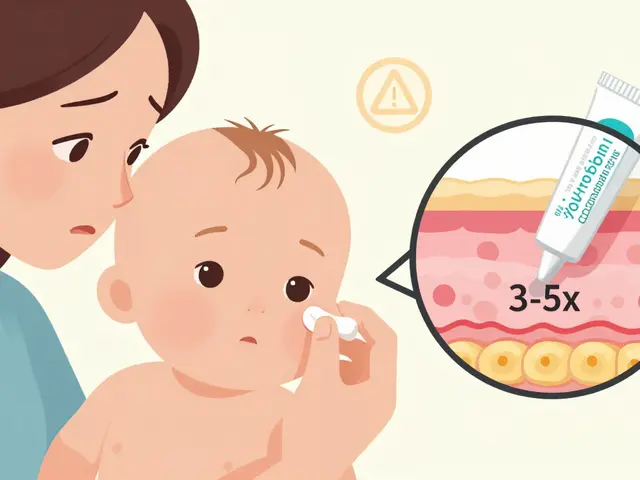Fertility: Practical tips, meds to check, and next steps
Trying for a baby can feel messy and emotional. The good news: small, smart changes make a big difference. This page gives clear action items you can start right away—no fluff, just practical steps and which medications you should review with your doctor.
Timing, tracking, and daily habits that matter
Your fertile window is short: about five days before ovulation plus the day of ovulation. Sperm can live up to five days, an egg around 24 hours. Aim for sex every 1–2 days during that window or every other day throughout the cycle if tracking feels stressful. Use ovulation predictor kits, basal body temperature, or fertility apps to spot ovulation more accurately.
Make lifestyle moves now: stop smoking, limit alcohol, and keep meals balanced. If you’re not sure about weight, aim for a steady, healthy range—extreme underweight or overweight can change your cycles. Start a daily folic acid supplement (about 400 mcg) before conception to lower neural tube risks. Sleep, stress management, and gentle exercise help too.
Medications and health checks to sort out
Review every prescription, over-the-counter drug, and supplement with your provider. Some meds are safe, some need switching. For example, certain blood pressure drugs like olmesartan are usually avoided in pregnancy and should be changed before conception. Birth control like Yasmin stops working after you stop taking it, but cycles can take weeks or months to normalize for some people—ask your prescriber if you have questions.
If you’re taking antidepressants (for example, sertraline/Zoloft) or other chronic meds, don’t stop them suddenly. Talk to your doctor about risks and alternatives. For men, erectile dysfunction meds don’t harm fertility, but sexual function can influence timing and relationship stress. If ED is an issue, options and relationship effects are covered in our articles about sildenafil substitutes and Avanafil.
Basic checks to consider early: a semen analysis for partners with sperm concerns; tracking ovulation for those with irregular periods; and blood tests (like AMH or FSH) when cycles are unpredictable or you’re older. If you’re under 35, many doctors suggest trying for 12 months before fertility testing; if you’re 35 or older, try for 6 months before seeking help. Seek care sooner if you have known conditions like PCOS, endometriosis, or prior pelvic surgery.
Want more reading? Our site has focused pieces: “Yasmin Birth Control” for contraceptive facts, “Olmesartan in Pregnancy” on blood pressure meds and pregnancy safety, “Sildenafil Substitutes” and “Avanafil and Relationship Satisfaction” for sexual-health questions, plus guides on UTIs and common meds that can affect reproductive health.
Ready to act? Track your cycles for three months, list every medicine and supplement, start folic acid, and book a check-up to discuss any needed medication changes. If timing or cycles feel off, get evaluated earlier rather than later—fertility care is more effective the sooner you address clear issues.




